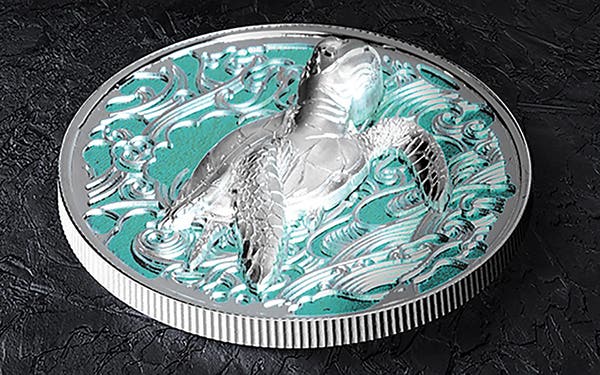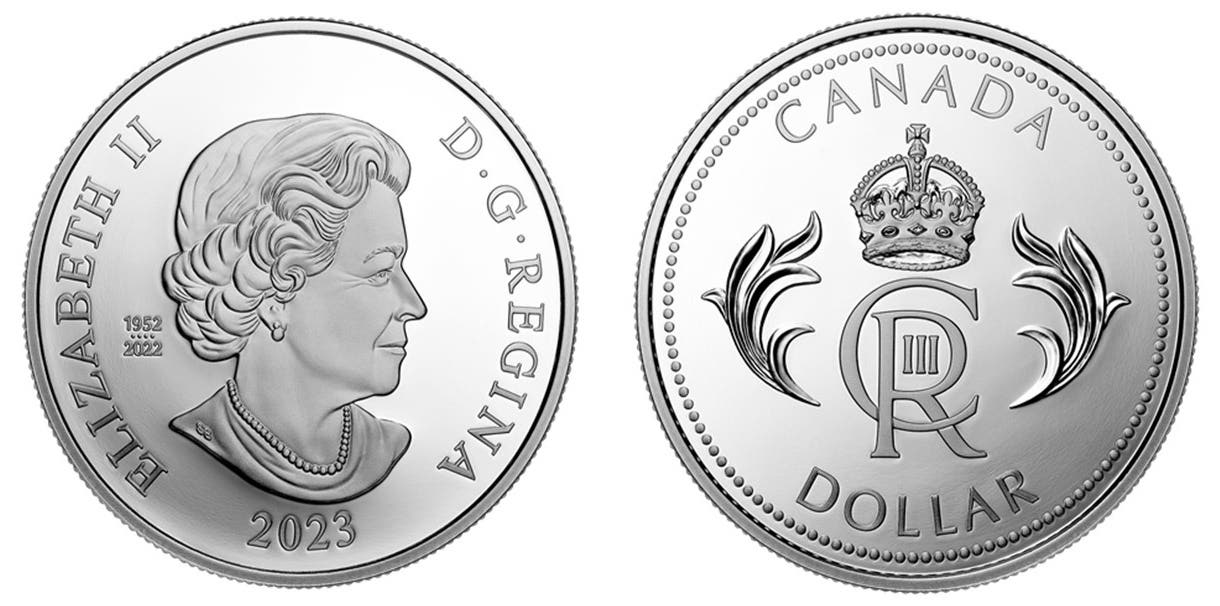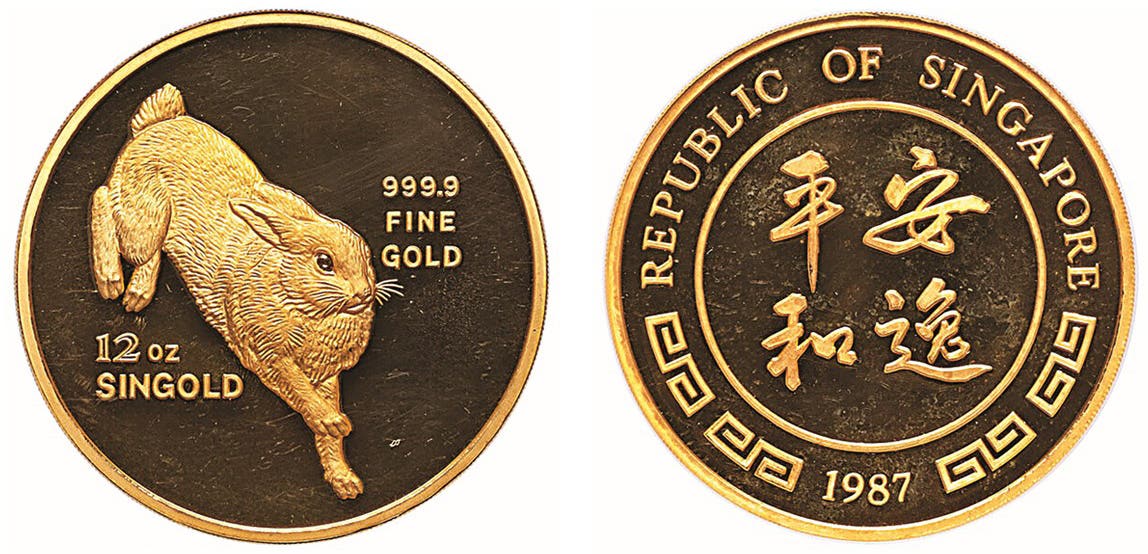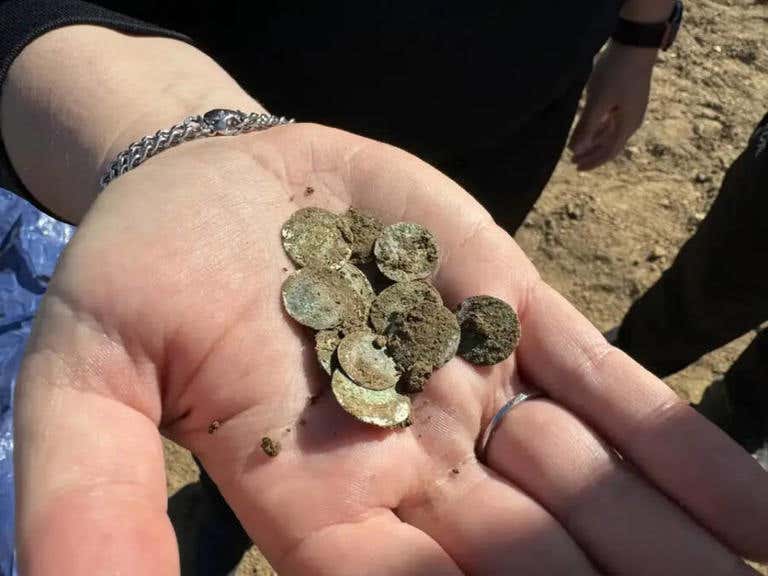Counterfeiting Increases in Bulgaria
The Bulgarian National Bank announced it had identified 225 counterfeit bank notes and 30 counterfeit coins during the first three months of this year.
On April 16, the Bulgarian National Bank, or Българска народна банка, announced it had identified 225 counterfeit bank notes and 30 coins during the first three months of this year. This is significant since only seven fake bank notes were detected during the same period one year earlier.
The bank indicated that among the fakes were 83 50-lev and 77 20-lev bank notes as well as 14 10-lev, a single 5-lev, 9-lev, and 11 50-stotinki coins.
More important than the number of counterfeits detected is the ominous statement, “This surge in counterfeit currency is the most pronounced since 2007, underscoring a worrying trend in fraudulent activities targeting Bulgaria’s monetary system,” published in the April 16 online issue of Novinite (The News), a Bulgarian-English language news provider.
No further explanation was available from either the news provider or the central bank. In 2021, Bulgarian police, aided by the U.S. Secret Service, seized $4 million and €3.6 million in high-quality forged bank notes produced at a printing office at a university in Bulgaria’s capital.
Bulgarian police said the 48-year-old man and 54-year-old woman arrested at that time were producing the fake notes after work and during holidays. At that time, police reported that they believed the suspects were part of a larger criminal enterprise dealing in the trafficking of counterfeit dollars to Ukraine and euros to Western Europe.
Department for Combating Organized Crime Director Lubomir Yanev said the pair were paid 10 percent of what they printed. Yanev described the notes as being of “relatively good quality.”
On June 22, 2022, the Council of Europe’s Committee of Experts on the Evaluation of Anti-Money Laundering Measures and the Financing of Terrorism, or MONEYVAL, called on Bulgaria to “improve the regulatory framework and to strengthen the practical application of measures to combat money laundering and financing of terrorism.”
MONEYVAL recommended that “Bulgaria should take a more systematic approach to investigate the financing aspects of the terrorism-related offenses, improve the national mechanism for implementing targeted financial sanctions and conduct a more comprehensive analysis of terrorism financing vulnerabilities in the non-profit sectors. Bulgaria should also enhance risk-based supervision or monitoring of those non-profit organizations that are at risk of being misused for terrorism financing.”
On Jan. 13, 2023, four Bulgarians were arrested for their part in an organized crime group that laundered money while committing tax and computer fraud. The four had reportedly been operating in Bulgaria, the Cayman Islands, Switzerland, and the United Kingdom since 2018. At about the same time, a probe of the crypto lender Nexo was reported. Raids were carried out at 14 Nexo sites throughout Sofia. The U.S., British, and other “counterparts” participated in these raids.
You may also like:








